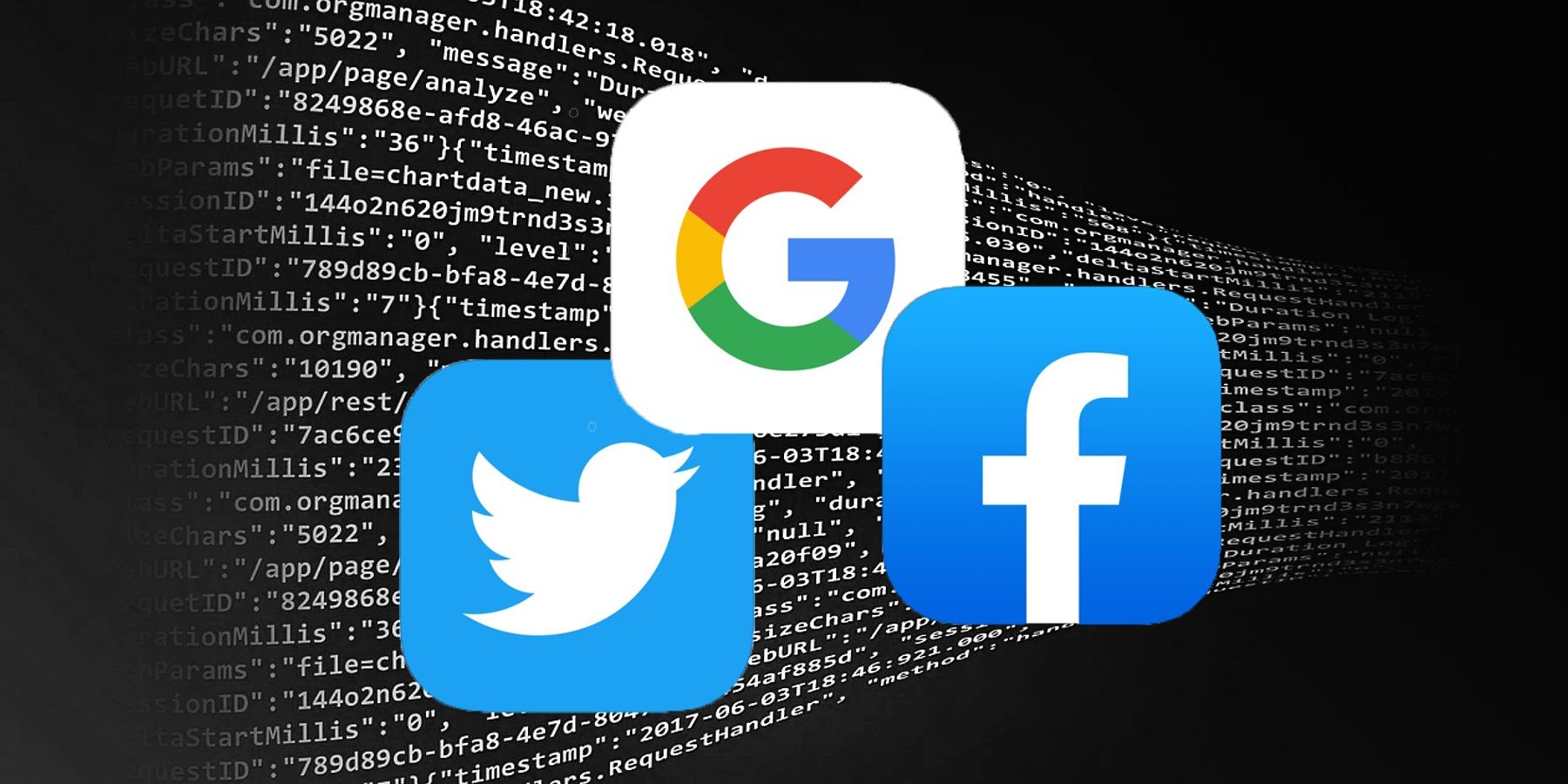The IRS is currently being probed over its use of phone location data, capable of tracking many unsuspecting Americans. A tech company known as Venntel reportedly provided the IRS with location data mined from phones through the use of seemingly-mundane apps. The investigation comes months after earlier reports of how law enforcement use powerful analytics tools to determine a phone's location and map timelines.
Companies like Babel Street are reportedly contractually obligated to lend government organizations these tools to aid them in locating specific individuals or person-of-interests. While this isn't the first time such debatable government practices have publicly surfaced, they are usually grounds for formal investigation, especially if brought to attention by state politicians. Unlike companies that are using location data to help combat viral outbreaks, the recent investigation has nothing to do with the ongoing pandemic.
According to Vice, the recent probing has been initiated by senators Elizabeth Warren and Ron Wyden, over concerns the IRS might be tracking the location data of Americans without a warrant. A copy of the formal investigation shows that The Treasury Inspector General for Tax Administration is currently conducting a review on the case, and it's already “in the process” of contacting the IRS' Criminal Investigation division. The report claims that Venntel, a company that specializes in mobile analytics, gathers location data through seemingly-benign apps such as games, weather apps, and so on. The IRS' CI unit was allegedly using this to help in identifying criminal suspects, but were unsuccessful in doing so, since the data provided by Venntel didn't contain the individual they were looking for. An assistant of Wyden reportedly claims that, while the data was obtained without a warrant, the IRS did receive verbal approval of its usage.
Privacy Concerns & Inevitable Rise Over Time
The global pandemic is further justifying the proliferation of more meticulous yet questionable means of gathering location data from phones, and research is already showing just how much data has been collected ever since. It's unlikely that such cases will diminish instead of rise over the coming years, given how tech and data companies already have a head start in mining data from personal mobile devices. With how government organizations are collaborating with tech companies, keeping any shared personal information from prying eyes might not be possible for long.
Whether or not the legality of such invasive methods of data collection is in question, there's no way for the unsuspecting public to keep track of data gathered by privatized sectors. This doesn't prevent government organizations from collaborating with these private companies either. Considering how countries like China intend to track phones even after flattening the curve, the concept of carelessly sharing personal information in mobile phones is becoming more of an alarming notion than a trivial concern.
Source: Vice


